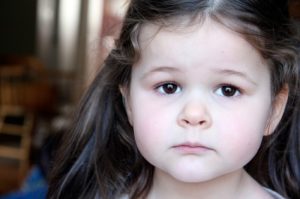My practice centers, in part, on complex custody litigation, sometimes involving psychological issues, addiction issues, domestic violence, and negative parenting behaviors. In some cases, I need to aggressively manage a custody case for my clients to ensure the optimum result for the client and the children. This may mean sole legal custody and restricted visitation for the other parent. In other cases, where the parents are loving, competent, and willing to cooperate, a shared parenting plan can really work out well. I have developed a number of shared parenting models that I can apply to specific family situations. While Illinois custody law does not support presumptive shared parenting (as other states do), if this is good for my client then I am going to be aggressive about creating an optimum shared parenting plan for my clients. Shared parenting can be advantageous for parents and kids, as well as challenging in some respects. The following article from a clinician discusses some of the reasons why:
” As a therapist and writer specializing in divorce, I’m often asked, “When does co-parenting get easier?” While there is no simple answer to this question, most experts probably agree that while families usually adapt to co-parenting over time, it never really gets easier. Most co-parenting arrangements, especially after an acrimonious split, can be exhausting and exasperating. Put simply, the challenges change as children grow and develop. Consequently, it’s key for parents to keep in mind that the tools necessary to succeed need to be modified considerably as children age and mature.
Clearly, research by child development experts demonstrates numerous benefits to children when their living arrangements enable support from both parents. One reason is that parents who co-parent tend to experience lower conflict than those who have sole custody arrangements. Studies show that conflict is what creates the most pain and anguish for children after parents’ split, and that keeping parental disagreements to a minimum is a key aspect of helping kids become resilient.
 Illinois Divorce Lawyer Blog
Illinois Divorce Lawyer Blog




